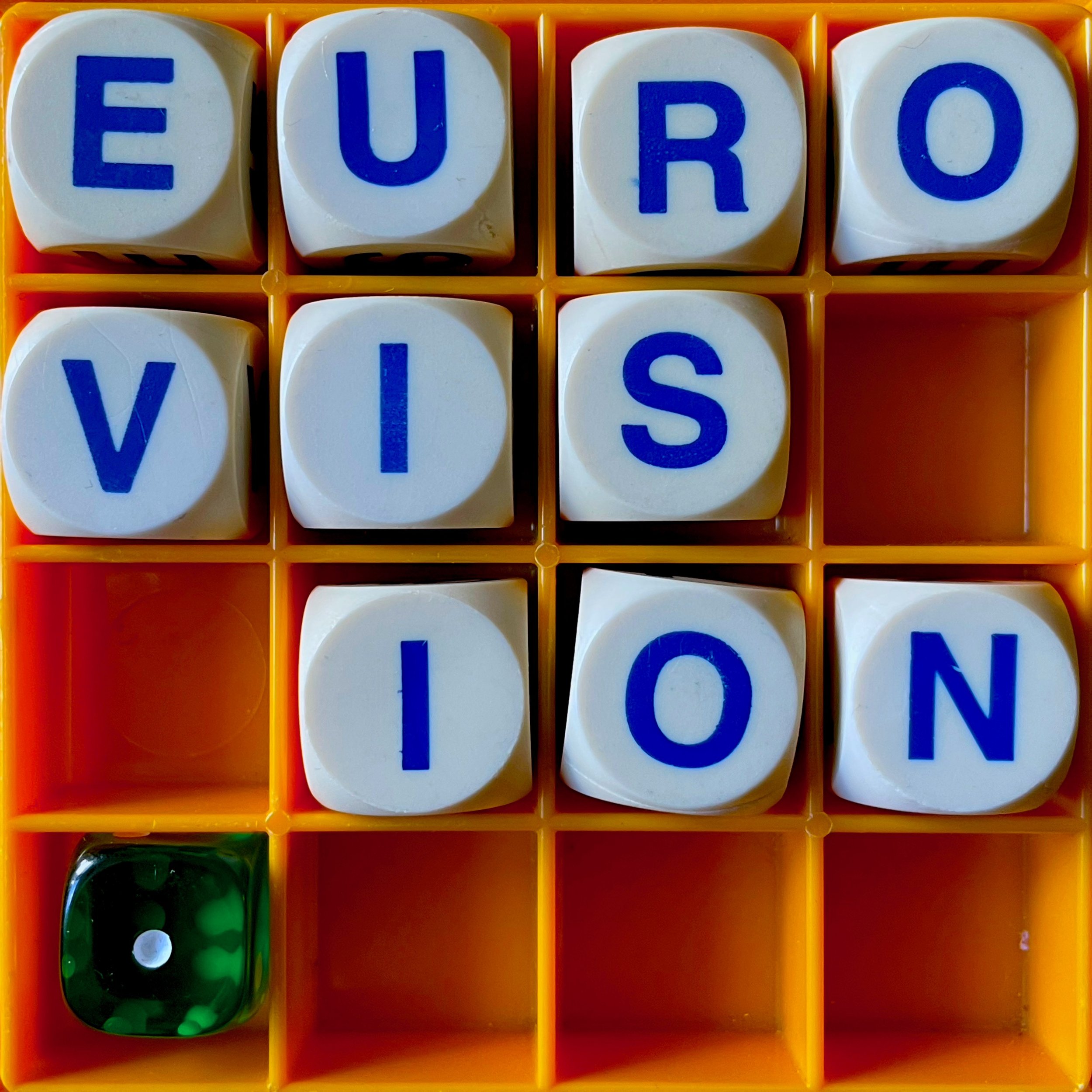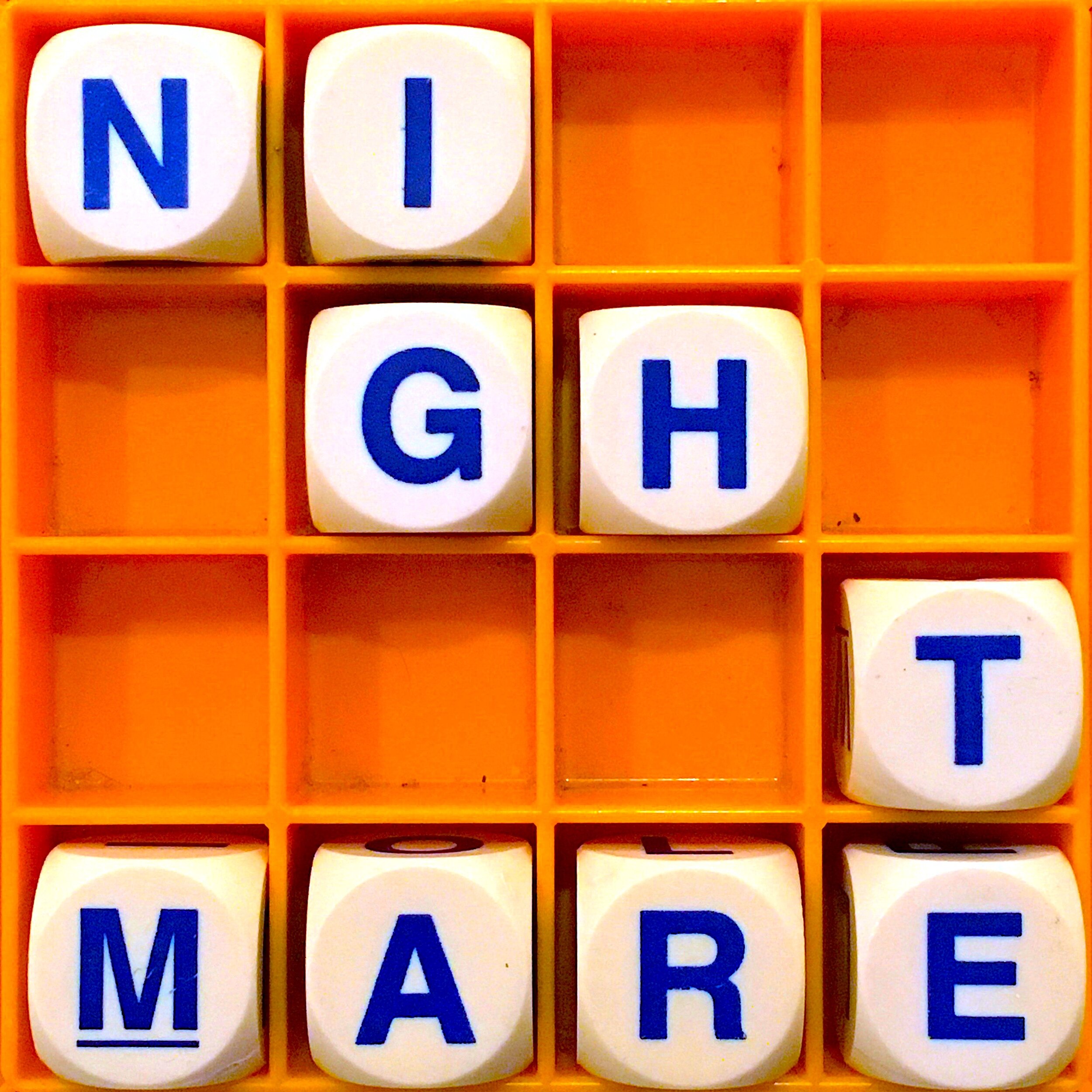The Eurovision Song Contest has given us the international renown of Celine Dion, Måneskin, Dana International, Conchita Wurst and Riverdance; tear-off skirts, nul points, shiny shiny costumes, a band of babushke dancing around an onstage bread oven; not to mention fraught politics, within and between nations. And most importantly for our purposes: linguistic intrigue! So much linguistic intrigue.
Read moreAllusionist 124 Nightmare transcript
Around 700 years ago, the word ‘haunt’ first appeared in written English, at least 200 years before it took on the meaning of a ghost frequenting a place.
HZ: It just meant that way where someone haunts a bar, as in they go to it a lot, but they're not an actual ghost. But it also meant to have sex with. And I could not do enough Googling safely to find out why it had that sense, because it just came up with a lot of websites about people having sex with ghosts. So I cannot find the etymology of this middle English use of 'haunt' in the sexual sense.
PAUL BAE: You've just screwed up your Google ads logarithm by looking up succubus, haunting, "Why sex haunting?"
HZ: The things I do for this show.
PAUL BAE: Exactly.


